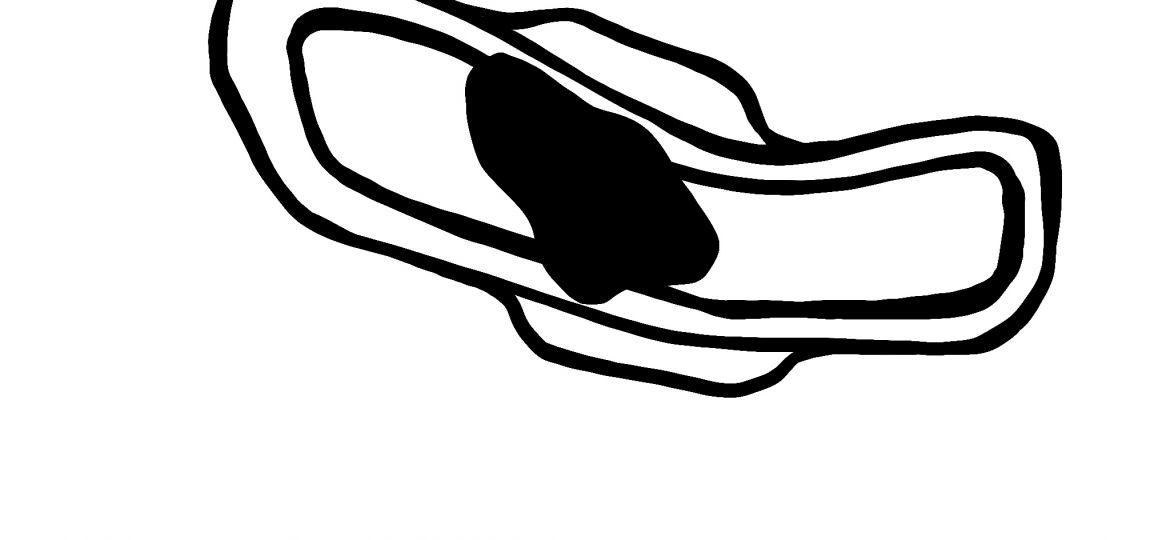
In her first year at St. Olaf, Senator Grace Barton ’25 developed a goal of bringing free and accessible menstrual products to Buntrock Commons. In the fall of 2021, Barton had noticed the lack of support within the community regarding supplying and having access to free menstrual products. “I was shocked when I came to St. Olaf as a first year last year, to see that [it was something] we didn’t have,” Barton said.
Barton originally pitched the idea for free menstrual products as an Ole Tank idea to St. Olaf’s Student Government Association (SGA). Ole Tank is a capital fund that allows students to pitch ideas for new projects that may need funding to operate. Upon Senate approval, the conversation began — which buildings would offer these products? Which bathrooms should be included? How do we distribute products? How do we monitor distribution?
In June of 2021, a purchase of 10,000 products was made due to a budget deadline. Barton spent her summer researching how other institutions have implemented free menstrual products so she too could do the same. Now entering her sophomore year, she has achieved this goal with the help of SGA. What originally started as offering free menstrual products in baskets within bathrooms has led to the purchase agreement of nine Aunt Flow dispensers and 27 cartilages of pads and tampons, totaling 27,000 pads and tampons. All gender-neutral and female bathrooms in Buntrock Commons will be stocked with these dispensers, nine bathrooms in all.
Aunt Flow is a woman-owned business subscription service for institutions implementing freemenstrual products. Products are 100% organic cotton period products with dispensers that fit 50 pads and 50 tampons each.
“This is a piece of equity. If we can fund free condoms, and we can fund a lot of them, then we can fund free menstrual products,” Barton said. St. Olaf has received the tax exemption and educational discount price from Aunt Flow. A standard box of tampons is currently selling for $7.99, making Aunt Flow cheaper than having students simply going out and buying the products themselves.
Barton hopes to “donate half of it [5,000 menstrual products from the original purchase] to the Wellness Center for low-income students to help with their funding and their menstrual products”. The remaining products could potentially be donated to the Hope Center if they require such items. Barton hopes that this will eventually become a self-sustainable project by partnering with facility staff and the Wellness Center in the future or becoming a Senate Initiative, but nothing is set in stone.
“I’m excited about this. I think I really just truly think this is a necessary step for St. Olaf that should have been taken a long time ago,” Barton said. She is eager to start the project after receiving funding from SGA and hopes to see the products installed by the end of the semester.

